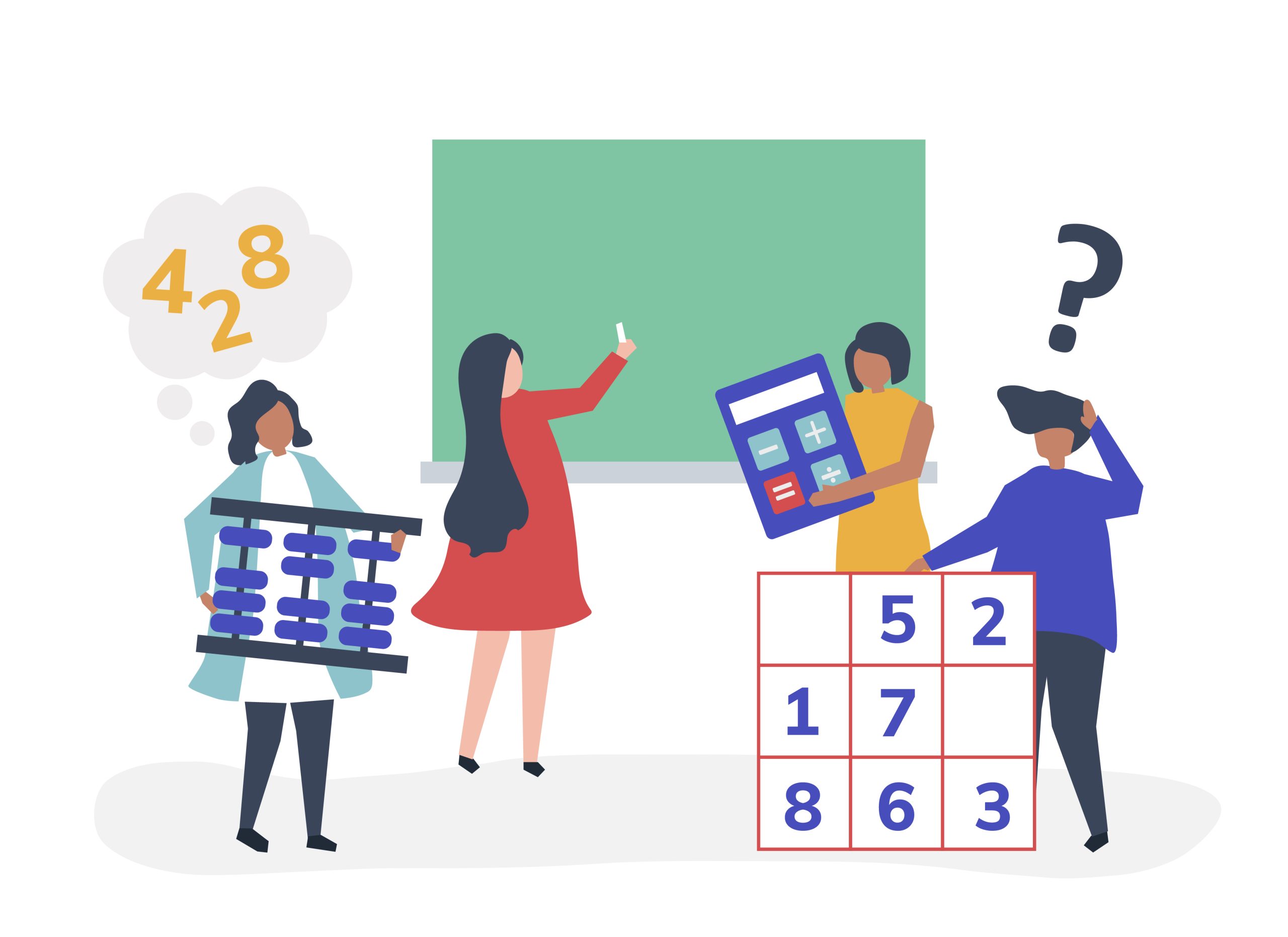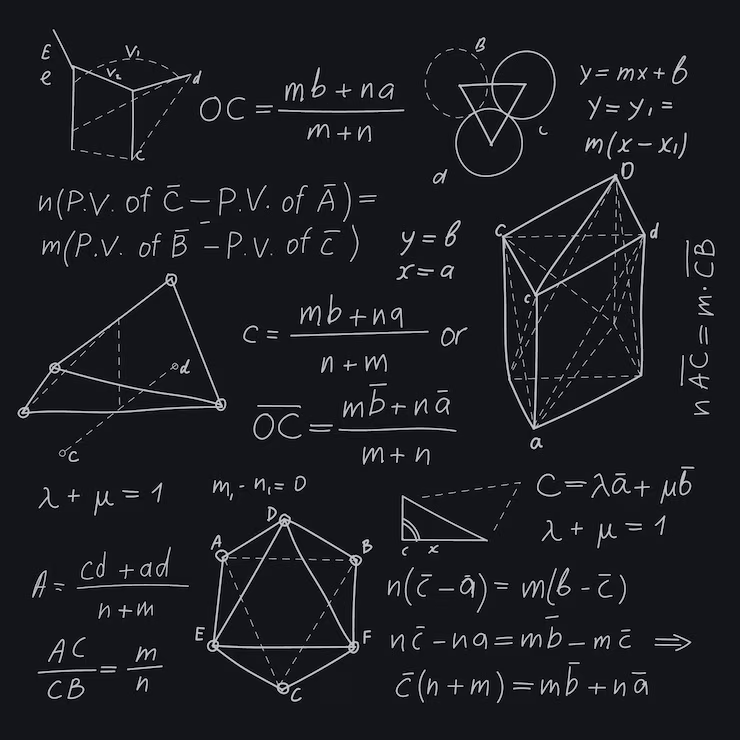
Elementary Algebra: The Foundation of Mathematics
Elementary Algebra is a branch of mathematics that deals with variables, constants, and the relationships between them using operations such as addition, subtraction, multiplication, and division.
It forms the backbone of higher-level math and provides a fundamental understanding of concepts used in various fields including science, engineering, economics, and technology.
What is Algebra?
Algebra is often considered a generalization of arithmetic.
In arithmetic, numbers are manipulated through basic operations like addition and multiplication.
Algebra takes this further by introducing variables (often denoted as letters such as x, y, and z) that represent unknown values.
These variables allow for the creation of equations and expressions that can be solved, providing a systematic approach to analyzing mathematical relationships.
Why is Elementary Algebra Important?
Elementary Algebra is the first step in understanding how abstract concepts can be represented mathematically.
It teaches problem-solving skills and logical reasoning.
Mastery of algebra is crucial because it acts as a gateway to advanced topics like geometry, trigonometry, calculus, and beyond.
Moreover, algebra is applied in real-world scenarios ranging from calculating interest rates to determining distances in navigation systems.
Key Concepts in Elementary Algebra
Variables and Constants:
Variables are symbols (usually letters) used to represent unknown values.
For example, in the expression 3x + 2, x is a variable.
Constants are fixed numbers, like 3 or 2 in this case, that do not change.
Expressions and Equations:
An expression is a combination of variables, constants, and operations.
For instance, 5y – 7 is an expression.
An equation is a mathematical statement where two expressions are equal, often containing an equals sign (=).
For example, 3x + 4 = 10 is an equation that can be solved to find the value of x.
Operations:
The four basic operations—addition, subtraction, multiplication, and division—are extended in algebra to include variables.
For instance:
Addition: x + y = z
Subtraction: x – y = z
Multiplication: xy = z
Division: x/y = z
Solving Equations:
The primary goal in elementary algebra is to solve equations for the unknown variable.
For example, to solve 2x + 5 = 15, you would:
Subtract 5 from both sides: 2x = 10
Divide both sides by 2: x = 5
Inequalities:
Inequalities express relationships where quantities are not necessarily equal but rather greater than, less than, or equal to another quantity.
For example, x > 4 means x is any number greater than 4.
Exponents and Polynomials:
Exponents represent repeated multiplication.
For example, x^3 means x multiplied by itself three times.
Polynomials are algebraic expressions that involve multiple terms, like 3x^2 + 4x – 7.
Factoring:
Factoring is the process of breaking down an expression into simpler components.
For instance, the expression x^2 – 9 can be factored into (x – 3)(x + 3).
Linear Equations and Graphs:
A linear equation represents a straight line when graphed on a coordinate plane.
The general form is y = mx + b, where m is the slope of the line and b is the y-intercept.
Applications of Elementary Algebra
Algebra is more than just theoretical math; it’s applied in various fields:
Finance: Calculating interest rates, investment growth, and budgeting all involve algebra.
Engineering: Designing structures, analyzing forces, and creating models require a strong foundation in algebra.
Science: Formulas in physics, chemistry, and biology often require algebraic manipulation.
Technology: Coding, algorithm design, and data analysis involve algebraic logic.
Tips for Mastering Elementary Algebra
Understand the Fundamentals: Ensure you grasp the basic operations and properties like the distributive, associative, and commutative laws.
Practice Problem-Solving: Regular practice helps in internalizing concepts and identifying common patterns.
Break Down Complex Problems: Simplify complex expressions by solving one step at a time.
Learn the Language of Algebra: Recognize key terms like coefficients, terms, expressions, and solutions.
Visualize with Graphs: Use graphing techniques to understand equations and inequalities better.
Conclusion
Elementary Algebra is a crucial stepping stone in the field of mathematics.
It not only teaches logical reasoning but also lays the groundwork for more advanced studies.
Mastering its concepts, you build a toolkit for solving a wide array of mathematical problems and understanding the world in a more structured way.
Whether in academics, professional life, or everyday situations, the skills gained through studying algebra are invaluable.


